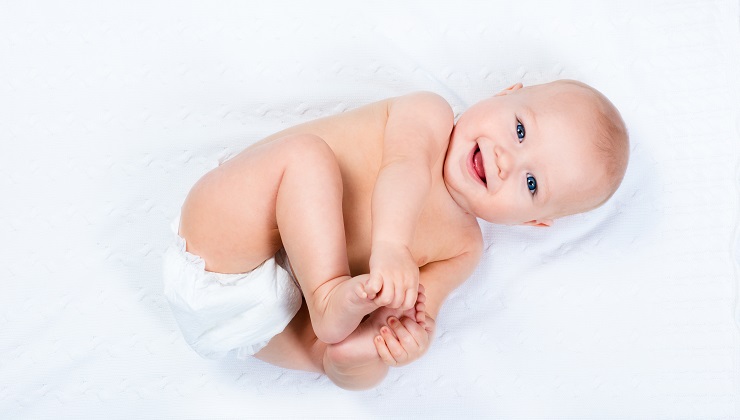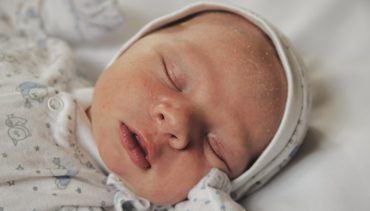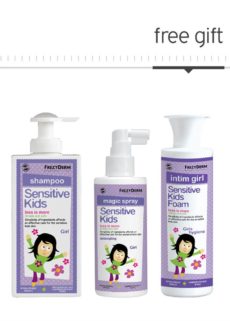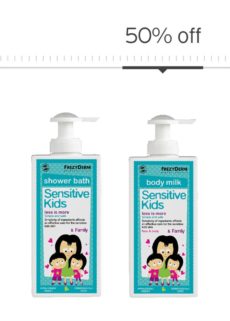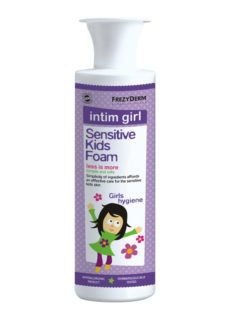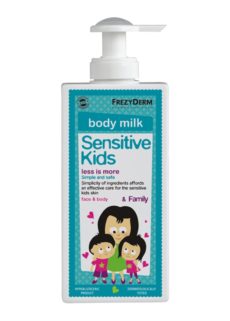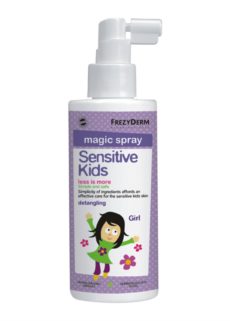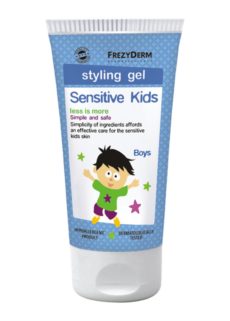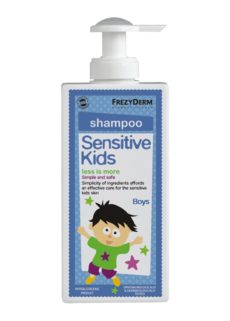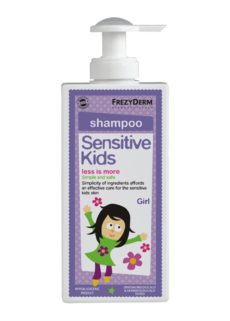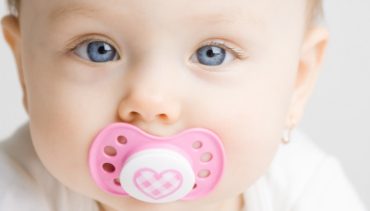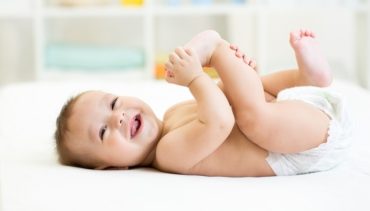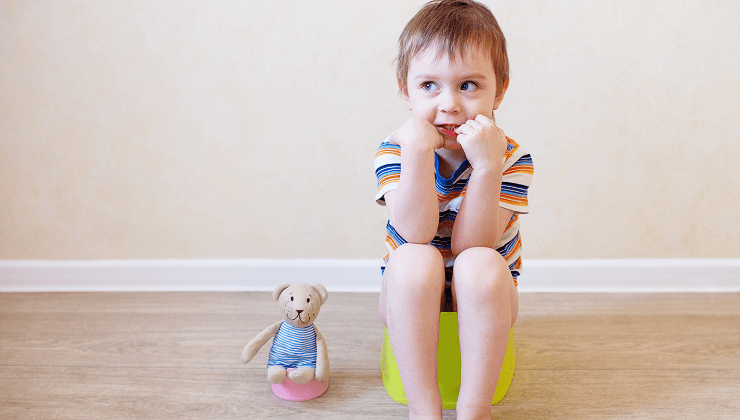
Our Top Tips for Potty Training
Potty training is a milestone of your child’s development. Children aren’t emotionally or physically ready to start potty training until they’re 18 months to around three years old. But, we should remember: every child is different. It can be a daunting time for you and your child, but take it slowly and you’ll get there.
Here are our top tips to help get your child into the habit as smoothly as possible.
When to start
Parents start to think about potty training their child around the age of two years old, but you can’t force your child to, and they may not physically be ready. Some parents sit their child on the potty when they are old enough to sit upright without support to get them used to it. You’ll also be able to decide if your toddler is potty-ready by some behaviours and attitudes they show from day to day.
The following are signs your little one is ready for potty training:
- Do they have predictable bowel movements?
- Do they let you know when they are having a bowel movement?
- Do they keep their nappy dry for at least two hours?
- Can your child pull up and down their pants?
- Can they walk over and sit down on a potty?
If the answers to most of these are yes, then your child is ready for potty training.
Preparing for potty training
Get your toddler ready to potty train by incorporating the potty into their everyday life. Sit them on the potty and read them a story to get them normalised with the feeling of sitting on it. Having one potty upstairs and another downstairs is a good way at familiarising your child with the potty. It also makes them more inclined to use it if it’s near to them.
Encouraging your child to use the potty
Look for signs that they might make when they need to pee. Maybe they make a face or noise when they need to go? When they start to go quickly sit them on the potty. This will slowly teach them that this is what a potty is for. Take a potty with you when you go out in the car. Potty training is a fulltime job and doing it half-heartedly will confuse your toddler and cause them unnecessary stress.
Starting to use the potty
After feeding, sit your toddler on the potty. Digestion often leads to the need to go to the toilet so this will teach them that the feeling of needing to go the toilet is related to the potty. Encourage them to use the potty to pee and once they’ve got the hang of that then you can work towards bowel movements. If they become stressed, don’t be firm or cross. Children are sensitive and will easily pick up on how you’re feeling. Take them off the potty if they are upset. And don’t worry, they will use the potty eventually. It just takes time and patience. If they have accidents, don’t get cross or act bothered as this will make your child anxious around using the potty. It’ll help if you dress your child in clothes that are easy to get off. Keep away from difficult clothing like tights and clothes with lots of zips and buttons.
Night-time training
Focus on daytime potty training first, but look to see if your child’s nappy is dry on waking up. If it’s dry a few mornings running them, maybe you can start to leave the nappy off at night. Accidents will happen in the early stages but remember not to get angry or shame your child. They are learning a new skill. Using waterproof sheets is an easy and sensible solution for bedwetting. If your child has a few accidents at night, then keep them in nappies for the time being and try again in a few weeks’ time.
Success
When your child gets it right, give them some praise. Don’t overdo it but telling them they did well goes a long way and encourages them. Make a move away from standard nappies and start to use potty training pants known as ‘pull-ups’. Show your child how to put them on and take them down for using the potty. Encourage your toddler to keep their pull-ups dry and use the potty. Remember that changing something as routine as how and where you go to the toilet is a big deal for your child. Be casual with their accidents, praise their successes and you’ll both be used to the potty in no time.



